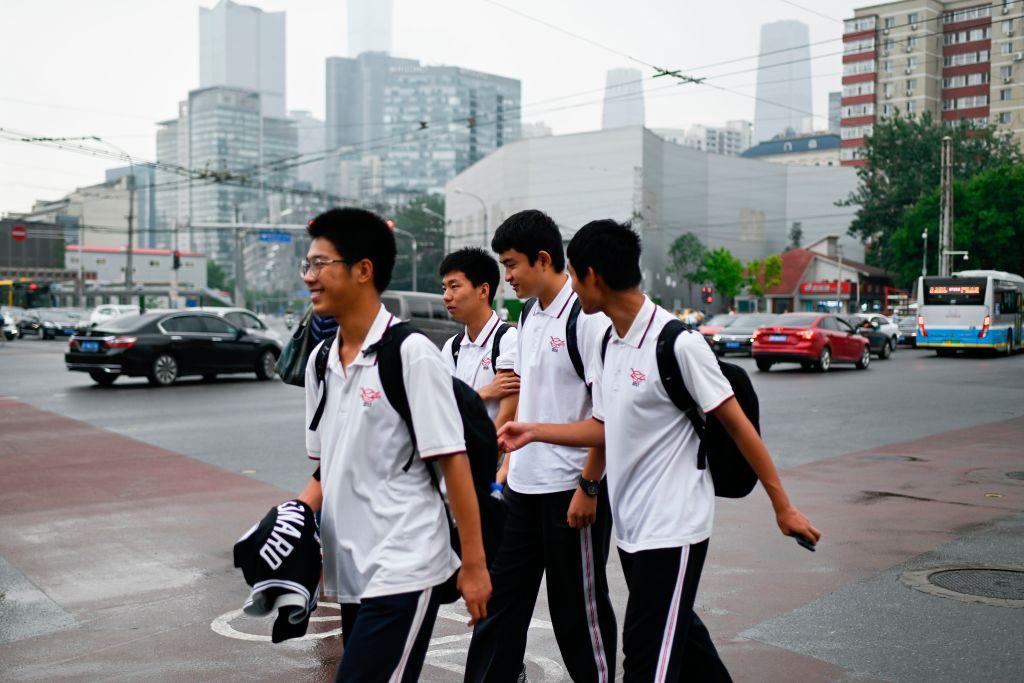A researcher at the University of Kansas was indicted for concealing his full-time role at a Chinese state-run university while doing U.S. government-funded research in the United States.
Feng “Franklin” Tao, 47, an associate professor and researcher at the university’s Center for Environmentally Beneficial Catalysis, was charged with one count of wire fraud and three counts of program fraud, according to a press release by the U.S. Department of Justice (DOJ).





